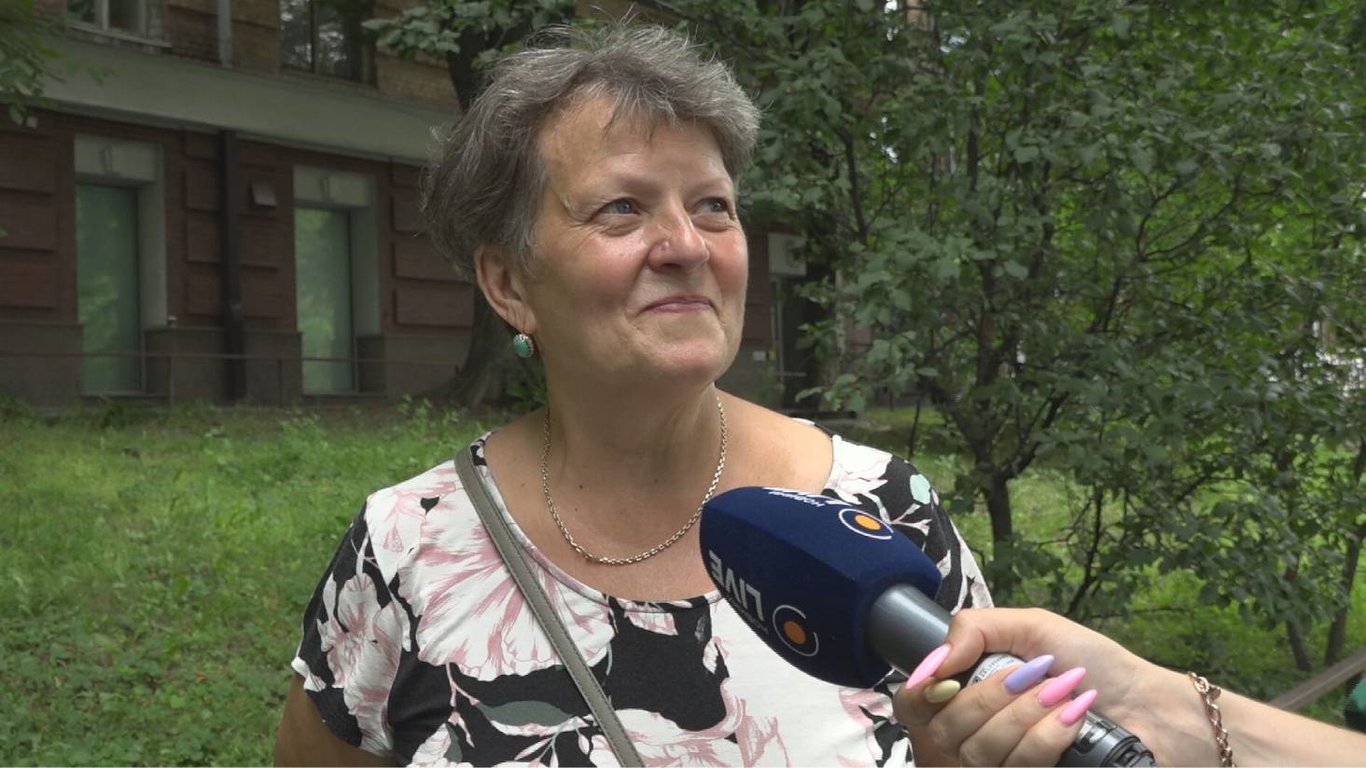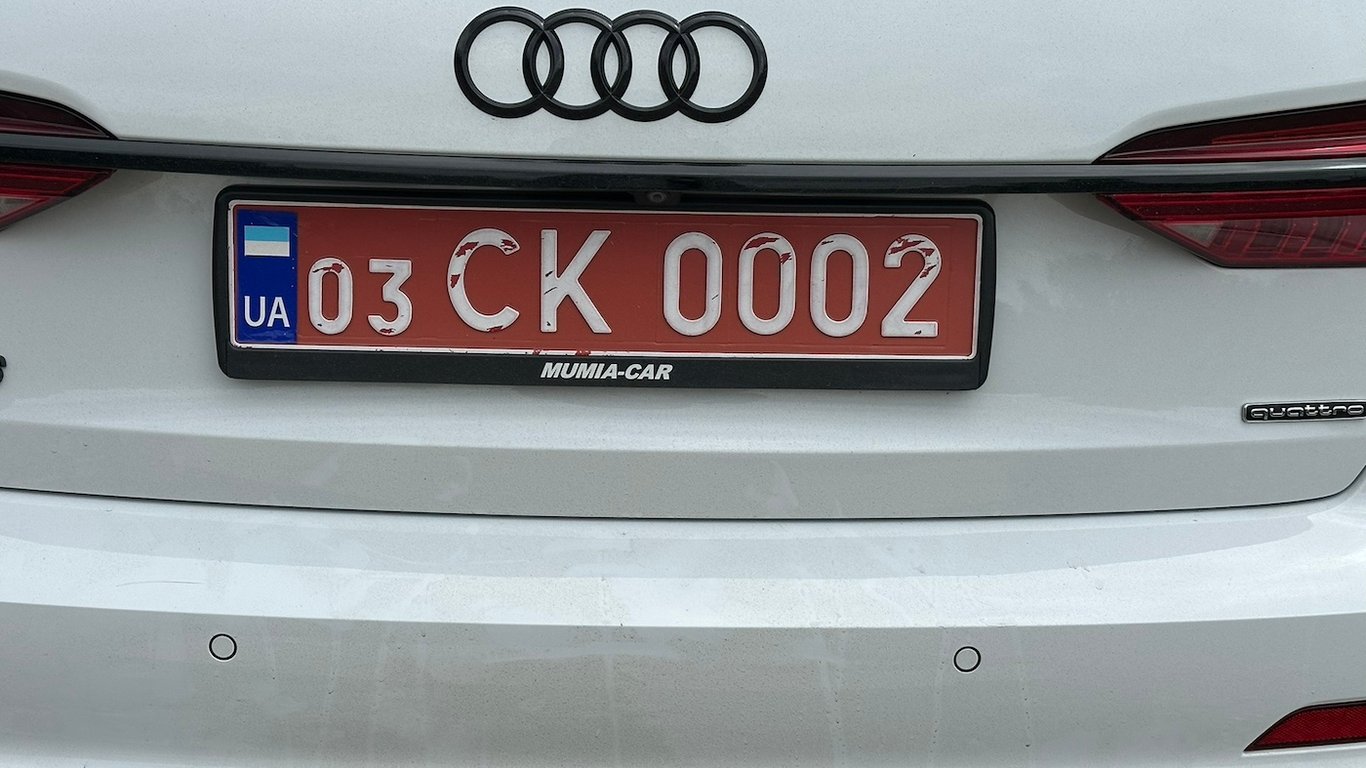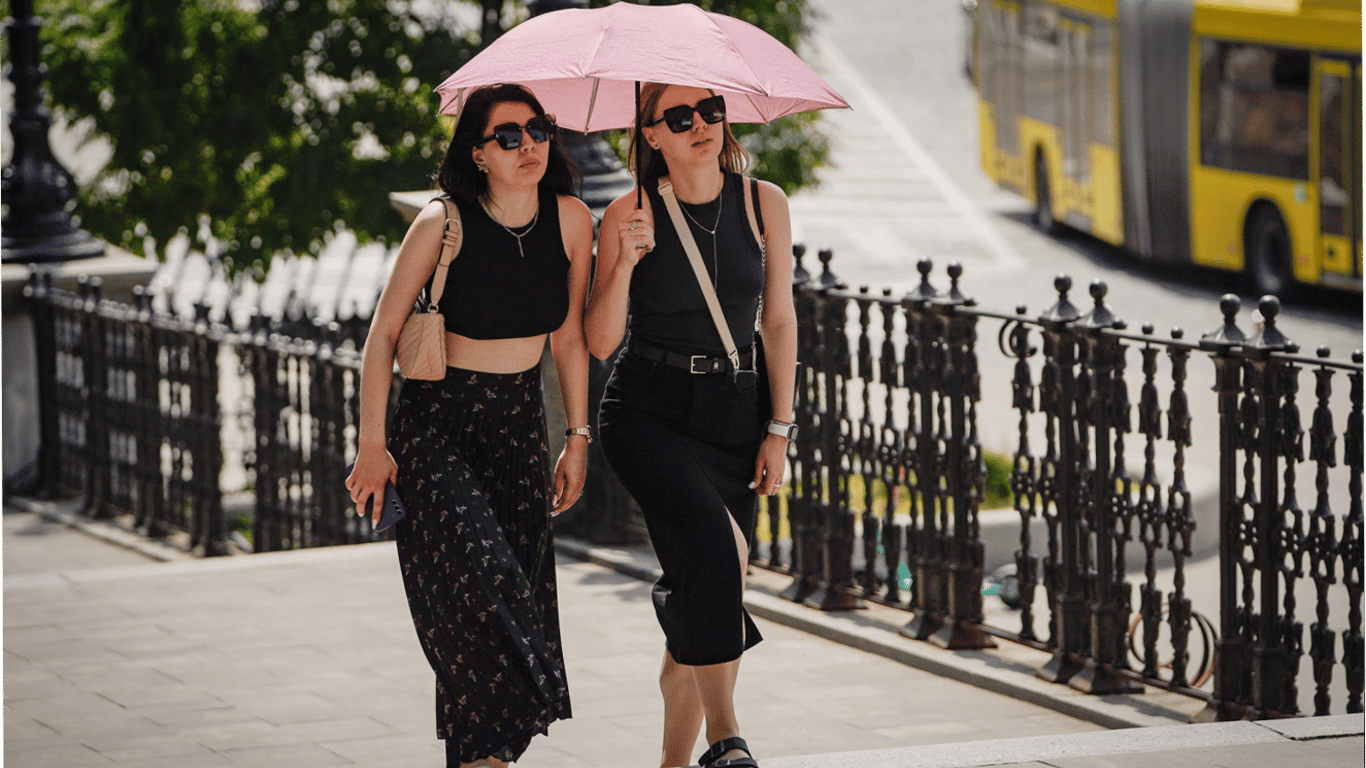Is it 'Good Morning' or 'Good Mornings'? A linguist debunks the rule that has been imposed on Ukrainians for years.


The greeting form 'Good Morning' in the Ukrainian language is correct. Despite 'Good Mornings' being considered the normative version, the former has ancient roots, which is evidenced by dictionaries and classical literature. This was noted by philologist, Ukrainianizer, and literary editor Olga Vasilyeva.
'Everyone is taught to greet with 'Good Day!' and 'Good Evening!', but for some reason 'Good Mornings!'. The form in the genitive case became normative in the 20th century. This can be traced through dictionaries. Interestingly, the forms 'Good Morning!' were also not present before. Villagers greeted only with 'Good Day!' and 'Good Evening!', - emphasizes Vasilyeva.
At the same Time, according to the linguist, in the dictionary of Boris Grinchenko from 1909, there are only such greeting forms: 'Good Evening', 'Good Day', and 'Good Dawn' (a greeting at dawn).
'In the Russian-Ukrainian academic dictionary by Krymsky and Efremov (1924-1933), there is 'Good Day', 'Good Evening', 'Good Night', 'for good night', while 'Good Mornings' is noted with a remark 'only among the intelligentsia'. ('Good Day!' and 'Good Evening!' were also invented by the intelligentsia, but in independent Ukraine). And 'Good Morning!', which is currently considered incorrect, is recorded in the Russian-Ukrainian phraseological dictionary of 1927 by V. Pidmohylniy and Ye. Pluzhnyk: 'Good Morning!' is translated only as 'Good Morning!', and 'Good Mornings!' is not present', - emphasizes the linguist.
Olga Vasilyeva notes that in the Russian-Ukrainian dictionary of fixed expressions from 1959 by Ivan Virhan and Maria Pylynska, both forms are presented: 'Good Mornings!; Good Morning!'.
The form 'Good Morning!' in the works of classics:
- Good morning, she replied to my clumsy greeting without raising her head. (U. Samchuk).
- Good morning, Aunt Hanna! - near the fence, the priest's maidservant Maryana appears, her high surprised eyebrows and beautiful wavy lashes, and the morning blue eyes, and the moist, half-open lips contain so much youthful eagerness and joy that even I, sleepyhead, feel happier. (M. Stelmach).
- Good morning, I said. - I see that today I will not bother you, because, I hope, there will be nothing to bother. (M. Vingranovsky).
- Good morning, brothers! - greeted the travelers, taking off their hats covered with hoarfrost. (V. Malyk).
Vasilyeva suggests that the form 'Good Morning' probably appeared even earlier than 'Good Mornings!'.
'The greeting formula 'Good Morning!' can be confidently used by analogy to the same forms in the nominative case ('Good Day!' and 'Good Evening!'); all three greeting formulas in the genitive case ('Good Mornings!', 'Good Days!' and 'Good Evenings!') are formed unnecessarily', - concluded the linguist.
Let us remind that in Ukrainian names, unlike Russian, there is no suffix -ik. Therefore, it is correct to say and write Tolik, Vitalik, Slavyk, Vladik, Vadyk, Kosti, Rostik, Edik, Danik. This rule was reminded by philologist, Ukrainianizer, and literary editor Olga Vasilyeva.
As reported, in the conditions of martial law, the issue of the state language has gained key significance, and every Ukrainian word is a contribution to Ukraine's victory. This was declared by the authorized representative for the protection of the state language Taras Kremin. According to him, this holiday is an important factor in the consolidation of Ukrainians, preservation of cultural heritage and strengthening national identity.
Read also
- Transferring a House to a Relative — What You Need to Know in 2025
- How Kyiv Residents Escape the Terrible Heat — Survey
- Owner and co-owner of an apartment — what is the difference and what rights do they have
- What is the fine for driving with transit numbers in 2025
- The Ukrhydrometcentre informed about the weather changes in Kyiv
- Fine up to 6,000 UAH - why pet owners may be punished









